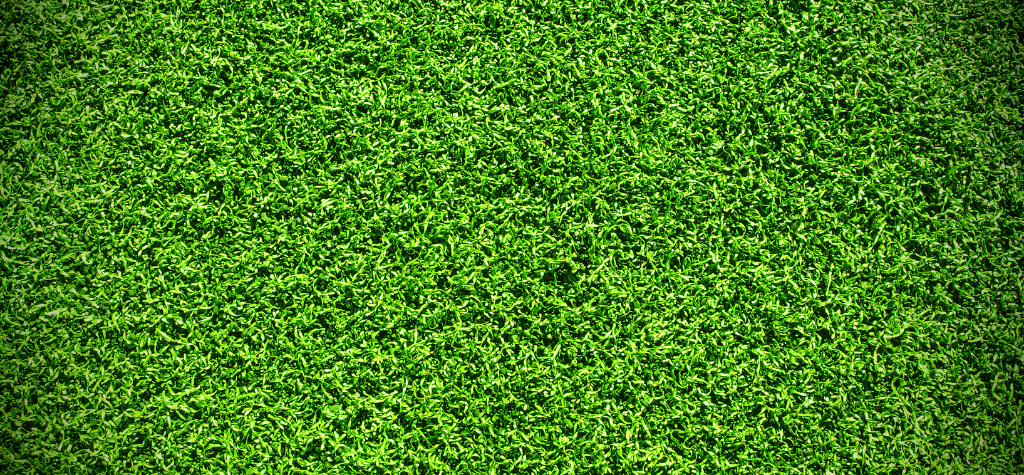Top 10 Benefits of Landscaping with Synthetic Grass

Synthetic grass is transforming how we landscape modern outdoor spaces. Whether you want to reduce maintenance, conserve water, or enjoy an evergreen lawn, synthetic grass (also called artificial turf or fake grass for lawns) is a smart, eco-conscious choice. It’s perfect for Australian backyards, playgrounds, patios, rooftops, and even pet areas.
This guide explores the top benefits, installation tips of Artificial grass in Melbourne, and answers common questions about synthetic grass so you can make an informed decision.
Top 10 Benefits of Synthetic Grass
1. Low Maintenance
Say goodbye to mowing, fertilising, and regular watering. Just brush it occasionally and rinse clean.
2. Water Conservation
Artificial turf is ideal for drought-prone areas. It can reduce water usage by up to 70%, making it a sustainable landscaping solution.
3. Evergreen All Year
Enjoy a vibrant green lawn 365 days a year, no matter the season.
4. Long-Lasting Investment
With proper installation, high-quality turf can last 8 to 20 years.
5. Allergy-Friendly
Synthetic turf produces no pollen, helping reduce allergy symptoms, especially in kids and pets.
6. Pet and Child Safe
Modern turf is made from non-toxic, lead-free materials, providing a safe play surface.
7. Versatile Uses
Use synthetic grass for balconies, pool surrounds, commercial landscapes, and even putting greens.
8. No Mud or Mess
It stays neat and clean after rain—no mud, weeds, or patchy areas.
9. UV-Resistant
Australian sun? No problem. Turf is UV-stabilised to resist fading.
10. Cost-Effective Over Time
While upfront costs are higher, you’ll save money in the long term on lawn care products and water bills.
Drawbacks of Synthetic Grass to Consider
- Upfront Cost: Installation is more expensive than natural grass initially.
- Heat Retention: It can get hot under direct sunlight.
- Not Biodegradable: Opt for eco-friendly or recycled turf options.
- Requires Proper Drainage: Incorrect installation can cause water pooling or uneven surfaces.
How to Install Synthetic Grass
1. Ground Prep
Remove soil, grass, and debris. Level the ground and install a crushed rock base for drainage.
2. Lay the Turf
Roll out turf in the same direction. Trim and seam the edges carefully.
3. Infill Application
Apply silica sand or rubber infill to improve cushioning and realism.
4. Maintenance Tips
Brush turf to maintain upright blades and rinse occasionally with water to remove dust and pet waste.
Synthetic Grass vs Natural Grass
| Feature | Synthetic Grass | Natural Grass |
|---|---|---|
| Water Usage | Minimal | High |
| Maintenance | Low | Ongoing (mowing, weeding) |
| Appearance Year-Round | Always green | Seasonal changes |
| Initial Cost | Higher | Lower |
| Longevity | 8–20 years | Needs reseeding/replacing |
Frequently Asked Questions (FAQ)
Q1: Is synthetic grass safe for pets and children?
Yes. Most synthetic turf products are non-toxic, lead-free, and safe for children and animals to play on.
Q2: Does synthetic grass get hot in summer?
Yes, it can. To reduce heat, install in shaded areas or choose heat-resistant turf varieties.
Q3: How long does synthetic grass last?
With proper care, 8 to 20 years, depending on quality and usage.
Q4: Can I install synthetic grass myself?
DIY is possible, but for best results and proper drainage, professional installation is recommended.
Q5: Is synthetic grass environmentally friendly?
Choose products made from recycled materials and ensure proper disposal to reduce environmental impact.
Call to Action
Get a Free Quote for synthetic turf installation today!
